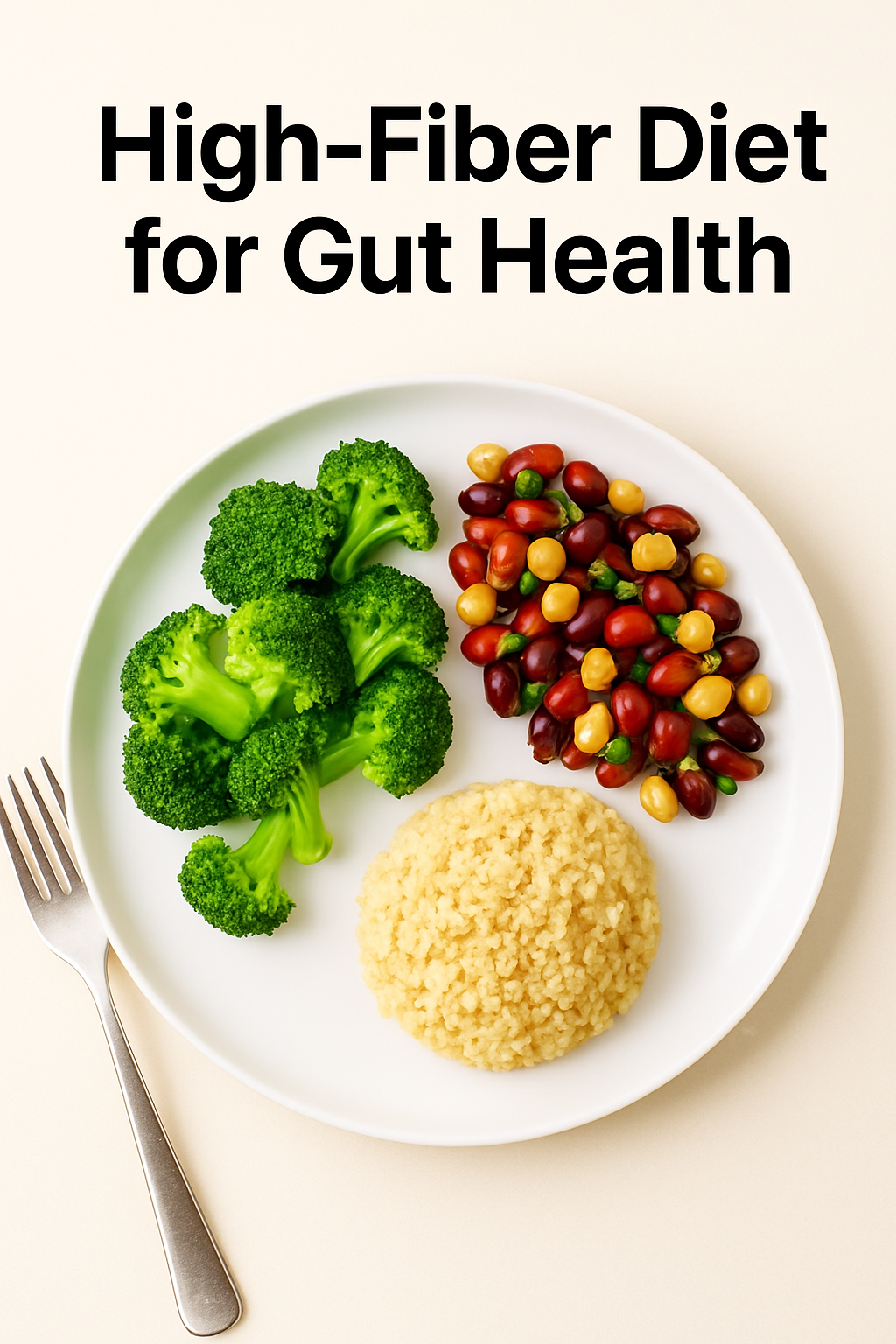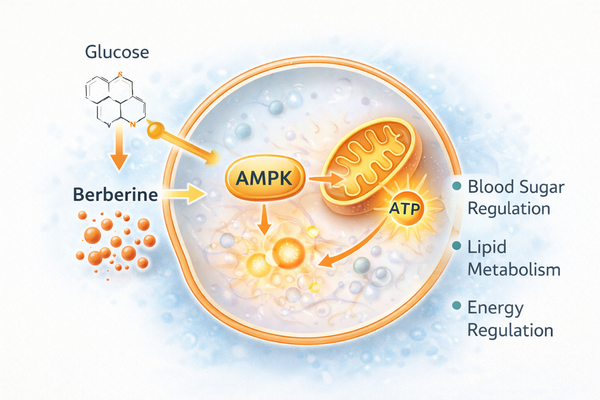High-Fiber Diet Benefits for Gut Health and Longevity: What Science Says

A diet rich in fiber does more than keep your digestion running smoothly — it’s one of the most powerful tools for improving gut health, managing weight, and extending longevity. Recent research shows that dietary fiber nourishes the gut microbiome, reduces inflammation, and helps prevent chronic diseases.
🧬 The Gut Microbiome Connection
Your gut hosts trillions of bacteria that influence everything from immunity to mental health. Fiber acts as prebiotics, feeding beneficial gut bacteria such as Bifidobacteria and Lactobacillus.
Studies from the American Gut Project show that people who consume more than 30 plant-based foods per week have a more diverse gut microbiome — a key indicator of better health and longer life.
🍎 Soluble vs. Insoluble Fiber: Why Both Matter
Soluble fiber (found in oats, beans, apples, and flaxseed) dissolves in water and forms a gel-like substance that helps lower blood sugar and cholesterol.
Insoluble fiber (found in whole grains, nuts, and vegetables) adds bulk to stool, preventing constipation and keeping digestion smooth.
A balanced diet with both types helps stabilize energy, promote fat metabolism, and support cardiovascular health.
🩺 Evidence-Based Health Benefits
Research from Harvard T.H. Chan School of Public Health links high-fiber diets with:
- 23% lower risk of cardiovascular disease
- 17% lower risk of type 2 diabetes
- Improved bowel regularity and reduced inflammation
- Lower all-cause mortality among adults with consistent fiber intake
Fiber also helps balance hormones and improve insulin sensitivity, making it a natural defense against obesity and metabolic disorders.
🥦 Easy Ways to Increase Fiber Intake
Here’s how to meet your daily fiber goals (25–35 grams per day):
- Start breakfast with oats or chia pudding
- Add beans or lentils to salads and soups
- Snack on nuts and fresh fruits instead of processed foods
- Choose whole grains like brown rice, bulgur, or quinoa
- Eat colorful vegetables — the deeper the color, the more phytonutrients
Gradually increase fiber to avoid bloating, and drink plenty of water to help digestion.
🌱 Final Thoughts
A high-fiber diet is one of the simplest, most research-backed ways to strengthen your gut, improve digestion, and extend your lifespan.
If you focus on whole, plant-based foods, your gut microbiome will thrive — and your body will thank you for years to come.



